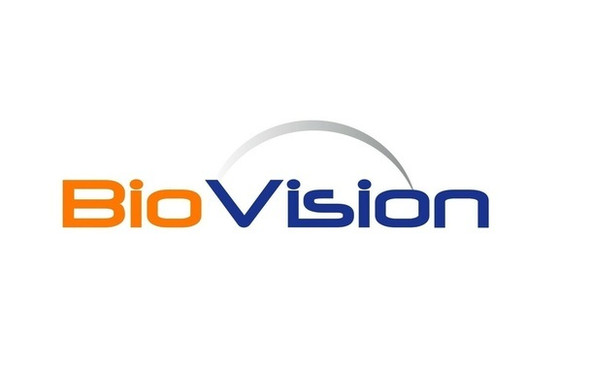Biovision
Human CellExp™ CSF1R/CD115, Fc Tag, Human Recombinant,
- SKU:
- 26-P1374
- Availability:
- Usually Shipped in 5 Working Days
- Storage Temperature:
- -20°C
- Shipping Conditions:
- Gel Pack
- Shelf Life:
- 12 months
Description
Biomolecule/Target: N/A
Synonyms: CSF1R, C-FMS, CD115, CSFR, FIM2, FMS, M-CSFR
Alternates names: CSF1R, C-FMS, CD115, CSFR, FIM2, FMS, M-CSFR
Taglines: Plays an essential role in the regulation of survival, proliferation and differentiation of hematopoietic precursor cells.
Taglines: USA
Country of Animal Origin: USA
NCBI Gene ID #.: 1436
NCBI Gene Symbol: 1436
Gene Source: Human
Accession #: P07333
Recombinant: FALSE
Source: HEK293 cells
Purity by SDS-PAGE #: >95%
Assay: SDS-PAGE
Purity: N/A
Assay #2: N/A
Endotoxin Level: Less than 0.1 EU per μg by the LAL method.
Activity (Specifications/test method): Immobilized Human M-CSF, His Tag at 5 μg/mL (100 μL/well) can bind Human M-CSF R, Fc Tag with a linear range of 0.1-4 ng/mL
Biological activity: N/A
Results: N/A
Binding Capacity: Immobilized Human M-CSF, His Tag at 5 μg/mL (100 μL/well) can bind Human M-CSF R, Fc Tag with a linear range of 0.1-4 ng/mL
Unit Definition: N/A
Molecular Weight: 80.7 kDa (IgG1 Fc tag at C-terminus)
Concentration: N/A
Appearance: Lyophilized powder
Physical form description: Liquid
Reconstitution Instructions: Reconstitute in sterile deionized water to a concentration of 50 μg/ml.
Background Information: Colony stimulating factor 1 receptor (CSF1R) is also known as macrophage colony-stimulating factor receptor (M-CSFR), CD115 Cluster of Differentiation 115 (CD115), C-FMS, CSFR, FIM2, FMS, and is a member of the typeⅢ subfamily of receptor tyrosine kinases (RTKs). CSF1R is a receptor for a cytokine called colony stimulating factor 1, The protein encoded by the CSFR1 gene is the receptor for colony stimulating factor 1, a cytokine which controls the production, differentiation, and function of macrophages. This receptor mediates most, if not all, of the biological effects of this cytokine. Ligand binding activates CSFR1 through a process of oligomerization and transphosphorylation . Mutations in CSF1R are associated with chronic myelomonocytic leukemia and type M4 acute myeloblastic leukemia. Increased levels of CSF1R1 are found in microglia in Alzheimer's disease and after brain injuries. The increased receptor expression causes microglia to become more active. Both CSF1R, and its ligand colony stimulating factor 1 play an important role in the development of the mammary gland and may be involved in the process of mammary gland carcinogenesis.
Amino acid sequence: AA Ile 20 - Glu 512
Handling: N/A
Usage: For Research Use Only! Not to be used in humans










